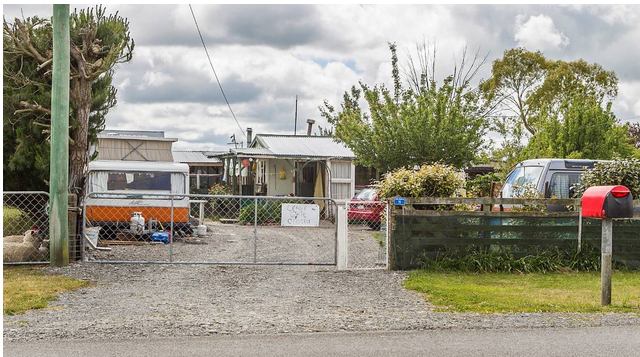
Can You Legally Remove a Squatter from Your Property?
Squatters’ rights, often known as negative ownership or prescriptive easement, can be a legal principle that permits a person who occupies territory belonging to another person to get a particular period of time to claim lawful management of that particular land in many scenarios. This idea is usually regarded as controversial rather than squatters rights nicely-understood by many people. In this post, we will talk about the unexpected legal schedule of squatters’ privileges and how they have developed after a while.
The authorized concept of squatters’ rights could be traced to the normal legislation of Britain and its particular effect on American rules. From the delayed 17th and early 18th hundreds of years, Britain passed many regulations that made it easier for men and women to obtain terrain by means of unfavorable ownership. The concept was that if a person entertained and increased unclaimed or deserted land for a certain time frame, they will be compensated with authorized management of that particular property. This idea was known as the regulation of waste materials and was in line with the idea that the best use of land was for productive use as opposed to making it seldom used and unimproved.
The thought of squatters’ legal rights have also been incorporated into American law from the doctrine of undesirable thing. Adverse property means the authorized concept that if someone openly and continuously makes use of terrain belonging to another person for the specific time frame, they are able to acquire lawful ownership of the territory. In the US, certain requirements for negative possession differ among states, but generally, somebody must display that they have applied the land solely, continuously, and honestly for a specific number of years (usually between 5 and 20 years).
There are several factors why squatters’ legal rights have already been dubious through the years. One of many criticisms is that it permits people to claim possession of terrain that they tend not to actually individual or use a legal right to. This may lead to disputes between property owners and squatters, and also legal quarrels around that has the ability to use or occupy a certain part of land.
Despite these criticisms, squatters’ proper rights have remained an essential legitimate strategy in many parts around the world. Sometimes, it has been employed to safeguard the rights of prone people and neighborhoods who might not have usage of property or who have been displaced using their properties. For instance, in nations like Brazil and Mexico, squatters’ legal rights have been used to regularize casual settlements and provide terrain tenure to lower-cash flow households.
In short:
In Simply speaking, squatters’ legal rights can be a complicated and debatable lawful concept which has developed after a while. Whilst it could be seen as a way to compensate people who increase unclaimed or abandoned property, it will also bring about clashes between property owners and squatters. In spite of the criticisms, squatters’ rights have played out a huge role in safeguarding the privileges of susceptible men and women and areas in some pieces of the world.